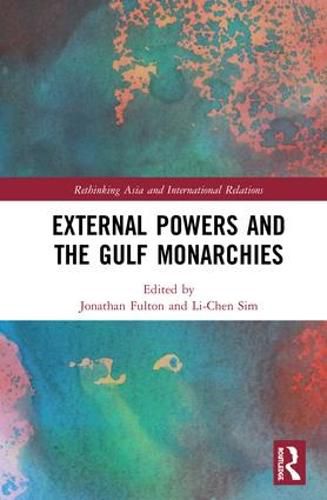The Gulf monarchies have been generally perceived as status quo actors reliant on the USA for their security, but in response to regional events, particularly the Arab Spring of 2011, they are pursuing more activist foreign policies, which has allowed other international powers to play a larger role in regional affairs.
This book analyses the changing dynamic in this region, with expert contributors providing original empirical case studies that examine the relations between the Gulf monarchies and extra-regional powers, including the USA, Russia, China, India, Brazil, Turkey, Japan, South Korea, France, and the United Kingdom. At the theoretical level, these case studies explore the extent to which different international relations and international political economy theories explain change in these relationships as the regional, political and security environment shifts. Focusing on how and why external powers approach their relationships with the Gulf monarchies, contributors ask what motivates external powers to pursue deeper involvement in an unstable region that has seen three major conflicts in the past 40 years.
Addressing an under-analysed, yet important topic, the volume will appeal to scholars in the fields of international relations and international political economy as well as area specialists on the Gulf and those working on the foreign policy issues of the extra-regional powers studied.





